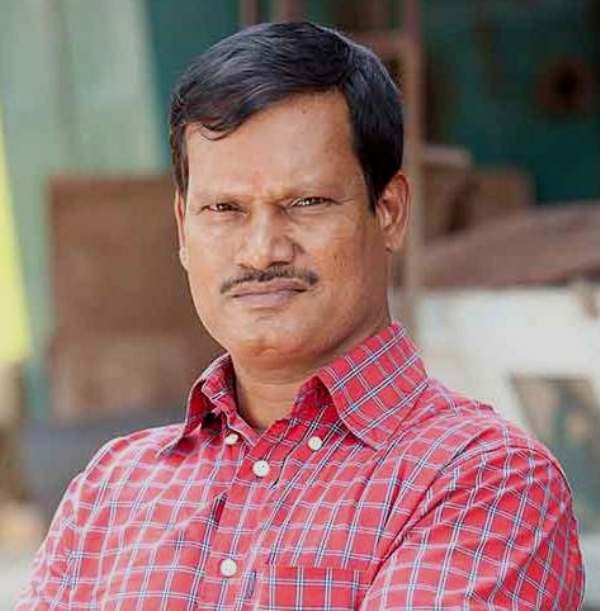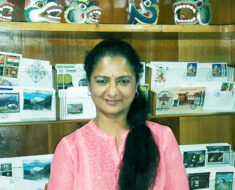Arunachalam Muruganantham, popularly known as “Padman,” revolutionized menstrual hygiene in rural India. His journey from poverty to becoming a social entrepreneur is truly inspiring, showcasing innovation and dedication to improving women’s lives.
Biography/Wiki
Born in 1962 in a small Coimbatore village, Arunachalam Muruganantham’s childhood was marked by hardship. His father’s untimely death left the family impoverished. He left school at 14, working as a farm laborer alongside his mother. He held various odd jobs, including machine tool operator, welder, and food supplier.
His marriage to Shanthi in 1998 brought a turning point. Witnessing his wife’s use of unsanitary materials during menstruation due to the high cost of sanitary napkins, he was spurred to action. Early attempts using cotton and cloth failed, leading to rejection and isolation within his community. He faced immense challenges, including his family leaving him.
Undeterred, Muruganantham persisted, eventually discovering the crucial role of cellulose fibres derived from pine bark wood pulp. He researched sanitary napkin production machines, finding the imported versions prohibitively expensive at ₹35 million (US$550,000). He developed a low-cost alternative costing just ₹65,000.
His machine successfully produces pads through grinding, defibration, pressing, and UV sterilization. He uses cellulose fiber sheets sourced from a Mumbai-based company.
Physical Appearance
Arunachalam Muruganantham, at 61 years old (as of 2023), stands at 5’7″ and weighs approximately 60 kg. He has black hair and eyes.
Family, Caste & Wife
Born into a laboring family, Muruganantham is the only son among three sisters. His parents, S. Arunachalam and A. Vanita, were handloom weavers. He married Shanthi in 1998; they have a daughter named Preeti.
Career
Muruganantham’s career path is unconventional. After dropping out of school, he worked various jobs. His pivotal moment came in 2006 with the invention of a low-cost sanitary napkin production machine. This invention won the National Innovation Foundation’s Grassroots Technological Innovations Award.
This success led him to establish Jayaashree Industries, producing affordable sanitary napkins and machines, which have been installed across 23 Indian states, creating employment opportunities.
- His machines provide affordable sanitary napkins.
- They generate jobs in rural communities.
- His innovation has made a huge difference in the lives of women.
Facts
Muruganantham’s journey was filled with setbacks and criticism. His early experiments faced ridicule, leading to familial estrangement and social isolation. His determination, however, pushed him through.
He overcame numerous obstacles, including:
- Initial failure due to using the wrong type of cotton.
- Difficulties in finding volunteers to test his prototypes.
- Significant financial hurdles in developing his machine.
His perseverance ultimately led to recognition and significant impact.
Awards and Recognition
Muruganantham’s contributions have garnered numerous accolades:
- National Innovation Foundation’s Grassroots Technological Innovations Award
- Padma Shri Award (2016)
- Featured in Time magazine’s 100 Most Influential People (2014)
- Fortune Magazine’s World’s 50 Greatest Leaders (2019)
| Achievement | Year | Details |
|---|---|---|
| National Innovation Foundation’s Grassroots Technological Innovations Award | 2006 | Recognized his low-cost sanitary napkin machine. |
| Time Magazine’s 100 Most Influential People | 2014 | Highlighed his contribution to social change. |
| Padma Shri Award | 2016 | Government of India’s prestigious civilian award. |
| Fortune Magazine’s World’s 50 Greatest Leaders | 2019 | Ranked 45th on the list. |





